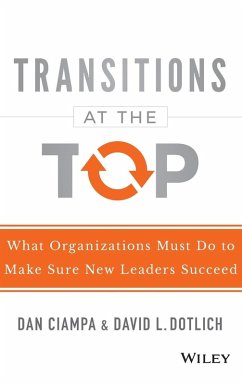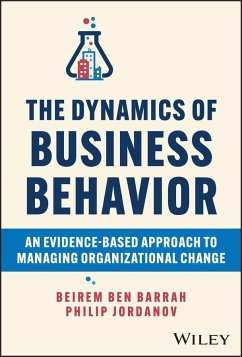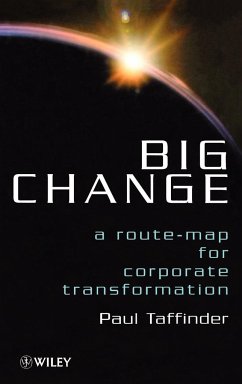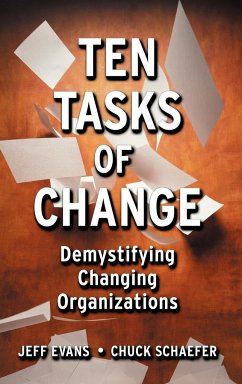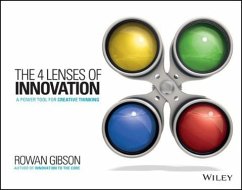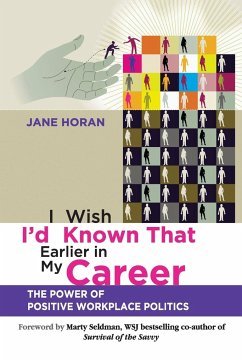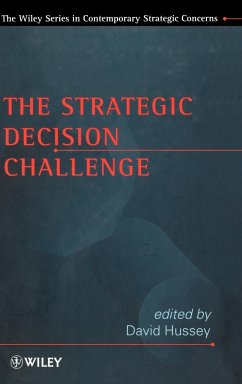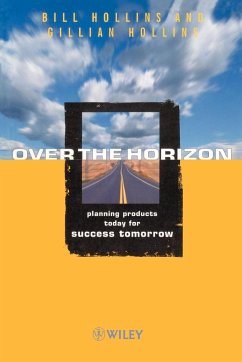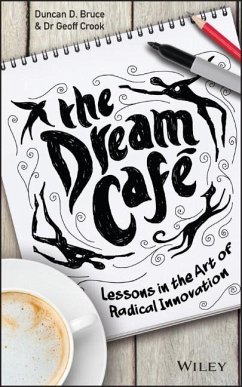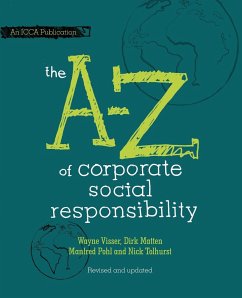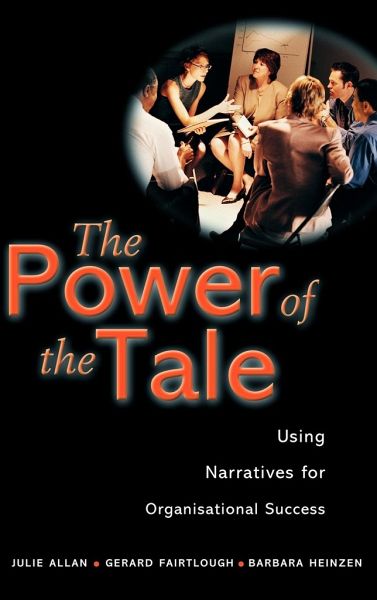
The Power of the Tale
Using Narratives for Organisational Success
Versandkostenfrei!
Versandfertig in über 4 Wochen
77,99 €
inkl. MwSt.

PAYBACK Punkte
39 °P sammeln!
" . . . I thoroughly endorse the book. . . Fairtlough is an excellent thinker." Napier Collyns "Takes Arie de Geus's thinking forward . . I have no hesitation in recommending it for publication." Gill Ringland "The most important aspect is the potential to legitimise the use of storytelling in a business environment . . and help management think outside the box." Arie de Geus Story-telling is one of the best ways for individuals, groups, organizations and societies to learn. Skill in story-telling and in other narrative activities allows us to understand complexity, live with uncertainty, communicate well and increase personal and organizational effectiveness. As organizations move away from old-fashioned command and control, they will increasingly need the bonds of shared stories, which create shared language, shared visions and shared values.





